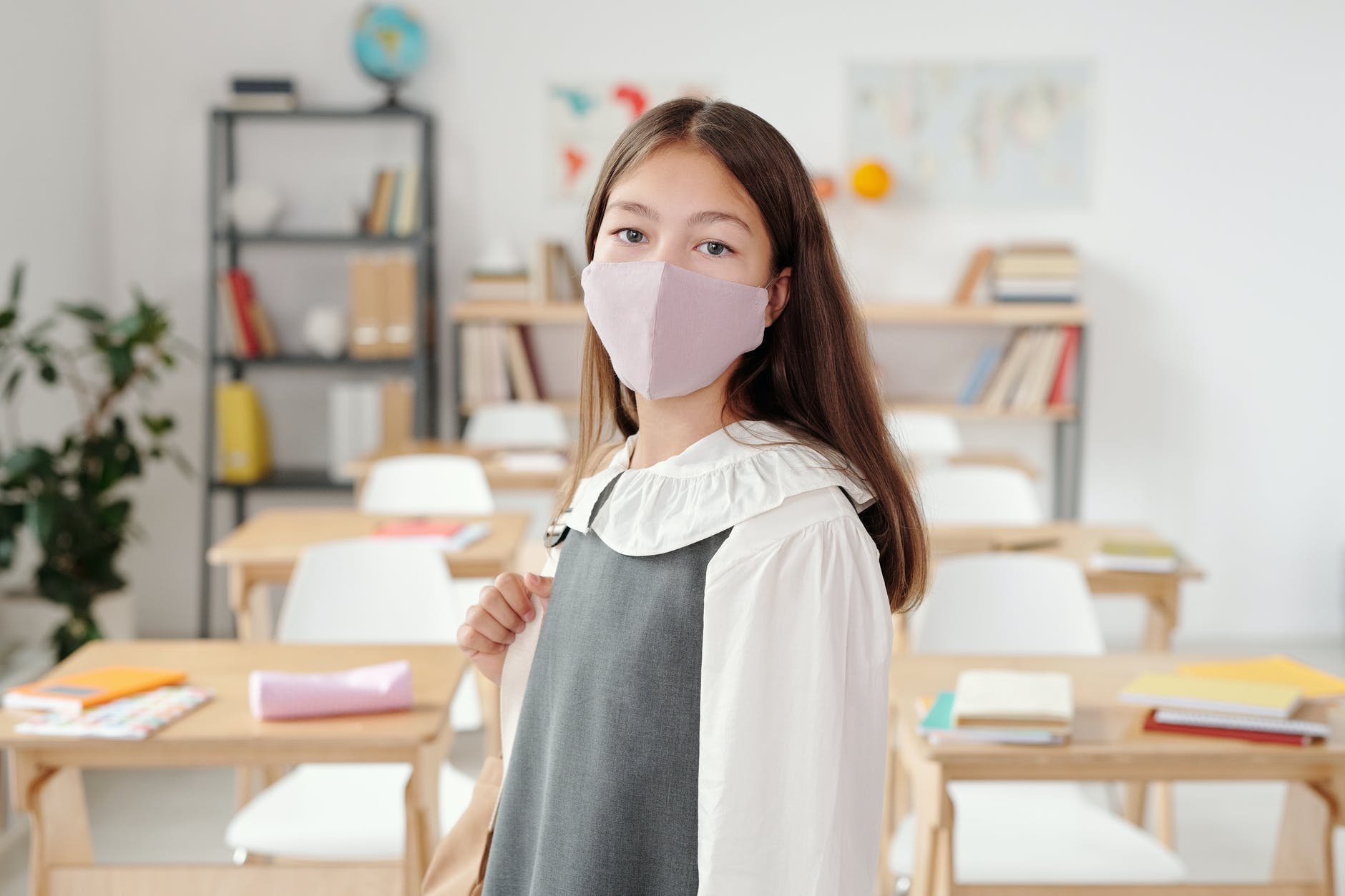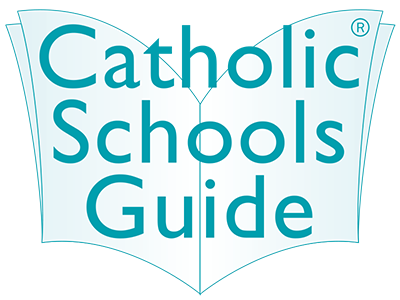News and Media

What Can You Do About Pandemic Learning Losses?
Article Source: https://greatergood.berkeley.edu/article/item/what_can_you_do_about_pandemic_learning_losses
A school psychologist and parent suggests three ways to rethink learning loss and reboot education to help students thrive academically.
Every parent can probably remember the moment that COVID-19 stay-at-home orders hit. As a school psychologist and parent, I remember (naively) thinking it would be short-term—and maybe even fun to “homeschool” for a few weeks! I mean, I know how to help kids learn, it’s my job. I even wrote one of the GGSC’s most-shared articles of 2020 on how parents could cope with the stress of distance learning.
Then, like every parent on the planet, months in, I hit a wall. My definition of a good day of “learning” shifted from my third-grader acquiring the skill of multiplying fractions to a day without a meltdown (mine or my kids’). The new metric of successful learning became a day when my kids accessed their coping skills. It made sense to me as a school psychologist to shift the focus from academics to social-emotional skills, because stressed-out kids can’t learn fractions anyway. No one learns well in fight-or-flight mode.
In my role as a school psychologist, the past two years have been…well, rough. I have seen a student hold up a sign on Zoom that read, “I can’t learn like this.” I’ve seen students melt down, shut down, and disappear from school altogether. I’ve comforted crying parents when they felt hopeless. And I’ve had my fair share of meetings where I’ve encouraged teachers and school psychologists to not quit under all the stress.
I’ve worried about the emotional toll on our students as well as academic learning loss, particularly when I read studies that show students four to five months behind in reading and math at the end of the 2021 school year. Even more alarming is the research that suggests that students of color and students in low-income communities showed even steeper declines than their white and more affluent peers.
Further, even before COVID-19, students with disabilities and English-language learners experienced persistent opportunity gaps and lower achievement and graduation rates. Research shows that during remote learning, students with disabilities did not receive the specialized support they needed and had higher rates of absenteeism, incomplete work, and course failures than their non-disabled peers. In short, pre-pandemic cracks of inequity in our school system have widened. That troubles me, and it might trouble you, too.
But what can we do about it now? Um…like today?

